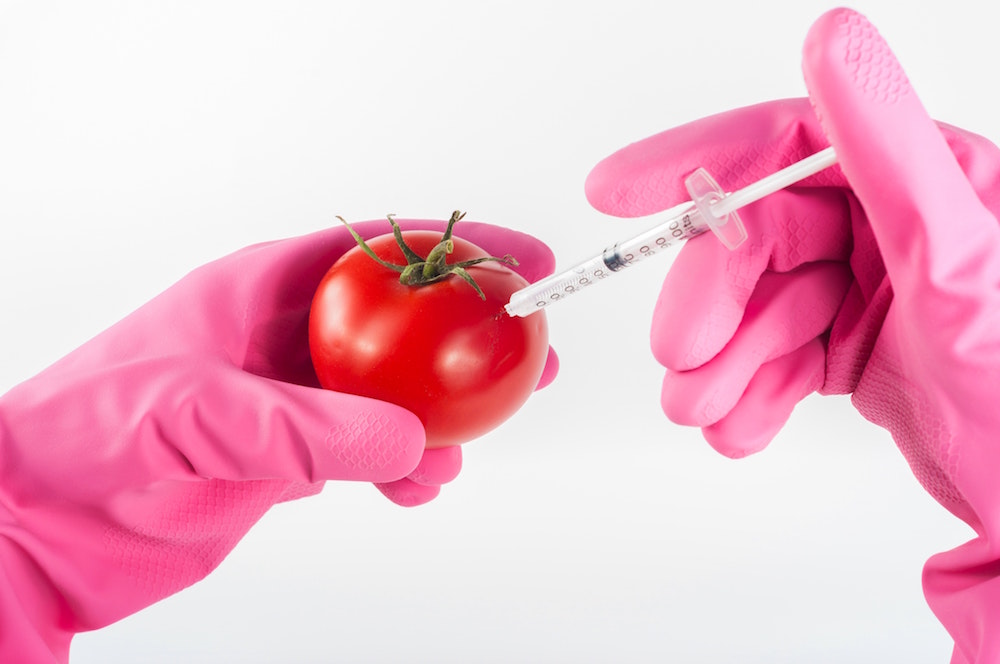When it comes to product ingredients, forget “nature versus nurture.” Today’s “Battle Royale” is “nature versus chemistry.” It’s trendy now to vilify science or products that rely on chemicals or synthetics. This doesn’t mean you should stop using synthetics or stop using science.
It’s important to know what goes into the products you use, whether we’re talking about food or cosmetics. Once you know what’s in a product, how do you then determine if it’s safe?
For most of us, we would Google it. But, you can’t blindly trust search results. Groups claiming to protect consumers would have you stop trusting manufacturers and start believing them, your “protectors.”
While what they publish isn’t necessarily wrong or misleading, it tends to emphasize a particular point of view. Often, that point of view is anti-chemical.
Consumer protection groups serve a purpose, but it’s a mistake to follow any source without knowing that their content and rhetoric are generally intended to present a certain viewpoint. As in our article on parabens, many synthetics and chemicals are proven scientifically to be beneficial and effective.
Consider this quote from a Scientific American/EarthTalk article “Researchers have also found that some 90 percent of typical grocery items contain measurable amounts of parabens, which is why even those who steer clear of potentially harmful personal care products also carry parabens around in their bloodstreams.” Even in this well-regarded publication, the reader doesn’t get links to these “researchers” or the supporting data.
If we break this quote down several additional questions jump out. What is the definition of “typical grocery items”? What is the conclusion based on “even those who steer clear of potentially harmful products also carry parabens around in their bloodstreams”? How many people were tested? Is there another explanation? How did you determine whether a person was someone who “steers clear of harmful products”? “Harmful” based on what metric.
Synthetics cover a wide-range and can provide benefits. While some natural products are used for specific uses, not every “natural” product is safe for use in personal care and cosmetics.
For consumers, the point is to dig deeper, be informed and don’t panic. Look for companies that are focused on the health and beauty of their customers.
For personal care product companies, this doesn’t mean you should stop using synthetics or stop using science!
Instead, connect with your customers, provide them real information based on science, and keep making products that are as safe as possible and make a difference for people. That is, after all, the whole point of science and should be why you’re in business in the first place.


